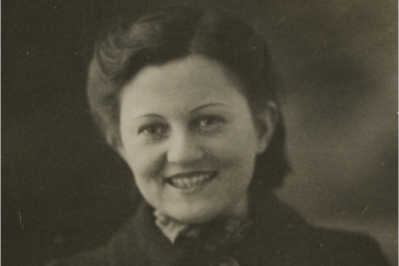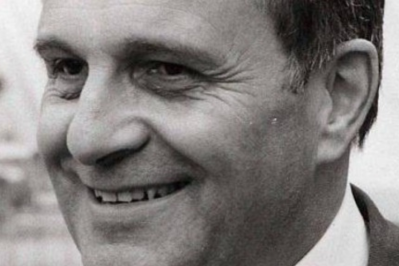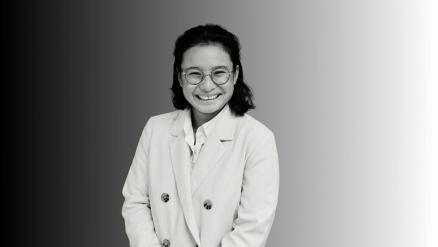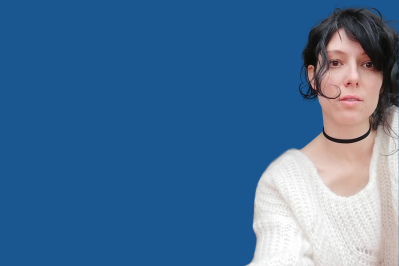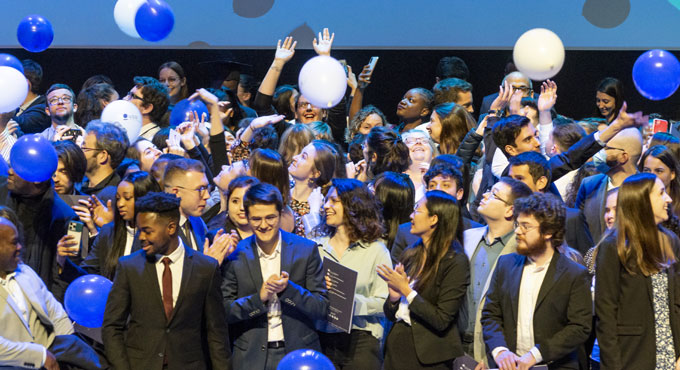News
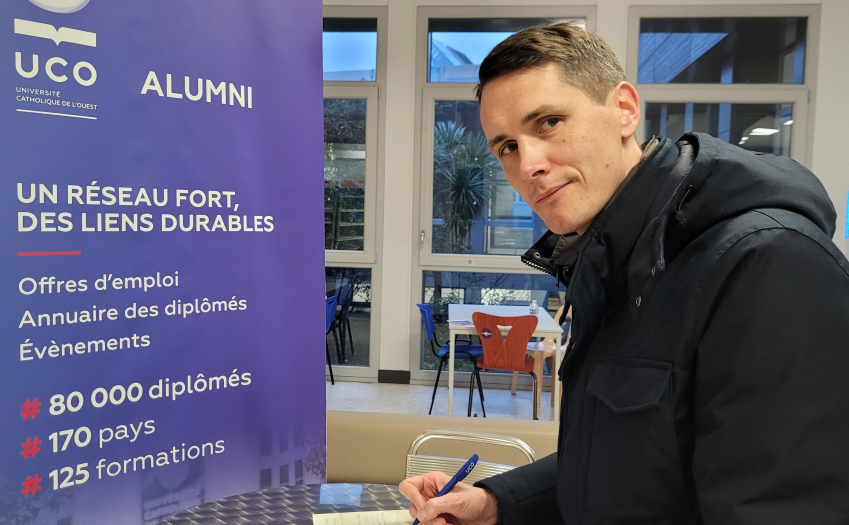
Alexandre Gouthière, master's degree in clinical psychopathology (2007), psychologist for the Gendarmerie Nationale
Alexandre Gouthière graduated from the Master's program in Psychology: Psychoanalytical Clinical Psychopathology in 2007, and currently works for the Gendarmerie Nationale. In this interview with UCO Alumni, he talks about his career path and day-to-day professional life.
Alexandre, could you introduce yourself, tell us about your academic background and what led you to your mission with the Gendarmerie Nationale?
My name is Alexandre Gouthière and I'm a clinical psychologist. I work in the Pays de la Loire gendarmerie region, more specifically in Loire-Atlantique and Vendée.
I did all my university studies at the Université Catholique de l'Ouest, graduating in 2007 with a master's degree in clinical psychology.
After graduating, I went into private practice for two years. At the same time, I worked at the Institut National des Sports in Vincennes, where I had completed my end-of-studies internship. I then applied for a job with the Gendarmerie Nationale, where I was recruited. After 3 months' military training, I've been working in this field for around fifteen years.
What is your day-to-day professional life like and what is your mission within the Gendarmerie?
My main mission is to support the Force's personnel in dealing with the psychological challenges of their profession. The gendarmerie is an environment where we are often confronted with very difficult and potentially traumatic situations.
My job is to see personnel in consultation, and to follow them over the long or short term, depending on the issues and particularities of each case. These often involve what we now call post-traumatic stress disorders, i.e. clinical pictures similar to what Freud described in the context of war trauma.
I work mainly in the Loire-Atlantique and Vendée regions, with consultation centers in Nantes and La Roche-sur-Yon. I also visit units, brigades and barracks when dramatic events occur and gendarmes are deeply affected by what they have experienced or observed.
What is your status as a gendarme and psychologist?
I'm a member of the gendarmerie, attached to the technical and administrative corps, but I'm part of the forces' support chain and I don't work in uniform.
This is a principle adopted by the command to avoid introducing a hierarchical relationship that could be detrimental to the therapeutic relationship. So I work in civilian clothes, although I do wear the uniform for official ceremonies, but never in my day-to-day work.
Coming back to UCO, you completed your entire degree and masters there. What did you retain from this training?
Training at UCO was a very enriching experience for me. The courses gave me a clear understanding of the different approaches in psychology, as well as the ethical and deontological positions they imply.
By the end of my studies, I felt well informed about the theoretical foundations, postulates and methods of these approaches, which helped me to make informed choices in my professional practice. The practical dimension of the internships was also crucial.
I was fortunate to benefit from top-quality teachers, which greatly contributed to the richness of this training.
Is being a psychologist a vocation for you?
I wouldn't necessarily call it a "vocation". What motivates me most is the interest aroused by clinical practice, the diversity of situations encountered and the wealth of professions in the gendarmerie. There's a wide variety of work realities: field brigadiers, road safety units, intervention units, search units, divers, coastal units, helicopters, mountain rescue, etc. This diversity makes my work extremely varied.
This diversity makes my work extremely varied and rewarding. What particularly motivates me is to be able to help these people analyze what they are going through, when they are confronted with traumatic situations and their equilibrium has been upset.
What advice would you give to students preparing for a career as a clinical psychologist?
I'd advise them to do a lot of reading to get to grips with the various conceptual fields and methods in clinical psychology. It's crucial to understand what distinguishes these different approaches, so you can make your choice!

 8
8







